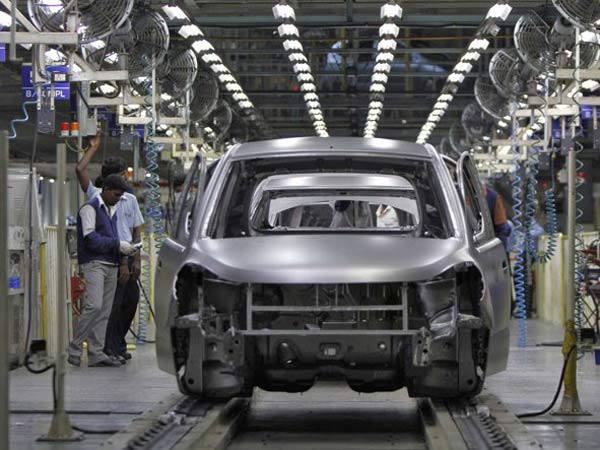Fearing a collapse of the industry or the wish to keep the monopoly in the market, auto parts’ manufacturers have shown concerns over liberalised trade with Thailand and Turkey. As the two important countries, wanting an open door for them to trade in the auto sector of Pakistan and to sign the Free Trade Agreement (FTA), the auto parts manufacturers have come forward, objecting the move saying that it will destroy the local industry.
According to an office bearer of Pakistan Association of Automotive Parts and Accessories Manufacturers (PAAPAM), Thailand had not given a free hand to Japanese parts manufacturers when the two countries had signed the FTA, in order to save the local industry of the former.
Talking to a delegation of PAAPAM, during a recent visit to Thailand, the officer bearers of Thai Auto Parts Manufacturers Association and the ministry of commerce had informed that duties were not relaxed on every part to be imported from Japan. Only the sub-components (‘child parts’), being used in major parts of vehicles were allowed on relaxed duty under the FTA.
“It seems there was a misunderstanding as the government here wanted to open the import of all the auto parts, even though the auto parts manufactures had shown their willingness to import only child parts,” he said, adding that the Thai government has subsequently demanded the opening of the border for the whole chapter 87, which includes every part of the vehicle.
“Opening border for the whole parts will be an attempt to destroy the local industry. The Thai government has almost understood our concerns,” he said.
According to him, PAAPAM has also written a letter to the ministry of commerce to arrange a meeting with its Turkish counterparts and the government, whether in Islamabad or Istanbul, should discuss the issue of FTA and make a decision with mutual understanding.
According to sources, if the FTA with Turkey goes forward without protecting the country’s manufacturing sector, Pakistan will suffer from massive reductions in its foreign direct investment (FDI).
During the meeting with Thai counterparts, Pakistan auto part makers had discussed the planned FTA and the possibility of joint ventures between the two countries.
The delegation informed the Thai auto part manufacturers about the rapidly growing automotive market in Pakistan and asked them to provide a complete list of their components with HS code and other details.
Earlier, in a letter addressed to secretary commerce, PAAPAM had pointed out that its members were perturbed by the ongoing negotiations with Thailand about reaching a FTA.
PAAPAM says it has over 400 members that directly or indirectly employ over three million workers, technicians and engineers. These auto part manufacturers create 95 pc of employment in the automobile sector and are contributing to the increase in localisation of auto parts.
Following the announcement of the new Auto Development Policy (ADP) 2016-21, a feverish activity is evident in the auto industry. Existing assemblers are gearing up for the launch of new vehicle models in 2017, 2018 and 2019, while several global manufacturers such as Renault, Hyundai, Kia, FAW and other Chinese brands have announced their upcoming entry into Pakistan’s auto market. This accelerated activity has led to a trickle-down effect, whereby new investments, expansion of existing facilities and new product developments are picking up pace in the auto part industry.




